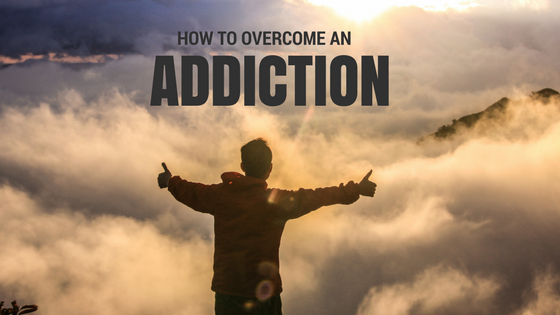*Overcoming Addiction: My Journey to Recovery and Building a Healthy Lifestyle*
By
Dr G Om Prakasham
M.B.B.S, MS, MCh, FACS(Singapore)
Chairman, Lotus Wellness
Mental Health Advocate
Consultant Heart Surgeon
*Introduction: The Battle with Addiction*
Addiction is a battle that millions of people face every day. It’s a struggle that consumes your mind, body, and soul, leaving you feeling powerless and lost. I was one of those people. For years, I fought against the grip of addiction, trying to reclaim the life I once knew. But addiction is a powerful force, one that often requires professional help to overcome. This is where de-addiction treatment comes in—a crucial step in breaking free from the chains of addiction and starting a new chapter in life.
*The Importance of De-Addiction Treatment*
Understanding the importance of de-addiction treatment was the first step in my recovery journey. Addiction is not just a physical dependency; it’s a complex condition that affects every aspect of your life. The treatment goes beyond detoxifying the body; it addresses the psychological, emotional, and behavioral aspects of addiction. For me, de-addiction treatment was more than just quitting a substance—it was about healing my mind, repairing relationships, and rediscovering who I am without the crutch of addiction.
*Choosing the Best Therapy for Addiction*
When I first entered de-addiction treatment, I was overwhelmed by the options available. Different therapies work for different people, and finding the best therapy for addiction can be a process of trial and error. In my case, Cognitive Behavioral Therapy (CBT) was instrumental in my recovery. This form of therapy helped me identify the negative thought patterns that fueled my addiction and provided me with tools to change them. Through CBT, I learned to replace destructive behaviors with positive ones, which played a key role in maintaining my sobriety.
*The Role of Group Therapy in Addiction Recovery*
Another critical component of my de-addiction treatment was group therapy. Initially, the idea of sharing my struggles with strangers was daunting. But group therapy quickly became a source of strength and support. Listening to others who were going through similar experiences made me feel less alone, and the sense of community helped me stay accountable. Group therapy provided a safe space to discuss challenges, celebrate victories, and learn from others who were on the same path to recovery.
*Building a Healthy Lifestyle to Avoid Addiction*
Recovery doesn’t end when you leave the treatment center. In fact, it’s just the beginning of a lifelong journey. One of the most important aspects of maintaining sobriety is building a healthy lifestyle that supports your recovery. For me, this meant making significant changes to my daily routine and habits.
*1. Regular Exercise:*
Exercise became a cornerstone of my new lifestyle. It wasn’t just about getting fit—it was about channeling my energy into something positive. Whether it was going for a run, practicing yoga, or lifting weights, staying active helped me manage stress and reduced my cravings. Physical activity also released endorphins, which improved my mood and gave me a natural high that replaced the artificial highs I once sought from substances.
*2. Balanced Nutrition:*
In the throes of addiction, my diet was the last thing on my mind. But during recovery, I realized how much what I ate affected how I felt. Eating a balanced diet rich in fruits, vegetables, lean proteins, and whole grains provided my body with the nutrients it needed to heal. Proper nutrition also helped stabilize my mood and energy levels, making it easier to resist the temptation to relapse.
*3. Mindfulness and Meditation:*
One of the most valuable tools I discovered during my recovery was mindfulness. Learning to live in the present moment, rather than being consumed by past regrets or future anxieties, was transformative. Daily meditation helped me develop this skill, allowing me to manage stress and cravings more effectively. Mindfulness also helped me become more aware of my triggers, enabling me to avoid situations that could lead to relapse.
*4. Creating a Supportive Environment:*
I quickly learned that my environment played a huge role in my recovery. Surrounding myself with positive influences—whether it was supportive friends and family, or sober living communities—was crucial. I also made a conscious effort to avoid places and people associated with my addiction. This helped me stay focused on my recovery and reduced the chances of slipping back into old habits.
*5. Setting and Achieving Goals:*
Recovery gave me a second chance at life, and I didn’t want to waste it. Setting both short-term and long-term goals gave me a sense of purpose and direction. Whether it was enrolling in a course, pursuing a new hobby, or advancing in my career, having something to work towards kept me motivated and focused on the future. These goals also helped fill the void left by addiction, giving me new passions to pursue.
*The Ongoing Journey of Addiction Recovery*
Recovery is not a one-time event; it’s a lifelong journey. There will be ups and downs, but each day is an opportunity to strengthen your resolve and build a life free from addiction. One of the most important lessons I’ve learned is to be kind to myself. Recovery is not linear—there will be setbacks, but it’s how you respond to those setbacks that matters.
*The Power of Professional Help*
Never underestimate the power of professional help. Therapists, counselors, and support groups provide invaluable resources and guidance throughout the recovery process. They offer insights and strategies that you might not discover on your own, and their support can be a lifeline during difficult times. If you or someone you know is struggling with addiction, don’t hesitate to seek out professional de-addiction treatment. It could be the difference between life and death.
*Conclusion: A Life Reclaimed*
Today, I’m living a life I once thought was impossible. I’m sober, healthy, and surrounded by people who support and love me. De-addiction treatment didn’t just help me overcome addiction—it helped me reclaim my life. If you’re struggling with addiction, know that recovery is possible. With the right treatment, support, and a commitment to building a healthy lifestyle, you can overcome addiction and create a life worth living.
*Call to Action: Take the First Step Today*
If you or a loved one is battling addiction, take the first step toward recovery today. Seek out the best de-addiction treatment options available, find a supportive community, and start building a lifestyle that promotes long-term sobriety. Remember, you’re not alone, and there is hope for a brighter future.
ABOUT LOTUS WELLNESS REHAB
Lotus is India’s Finest Holistic rehab offering the best treatment programs for Detox, Addiction Rehabilitation, Mental health and overall wellness.
CONTACT LOTUS
We at LOTUS WELLNESS AND REHABILITATION CENTER in Coimbatore are happy to help you or your loved one overcome his or her Alcohol, Drug or substance addiction and stand up for RECOVERY .
LOTUS WELLNESS AND REHABILITATION CENTER
Pollachi, Coimbatore , Tamilnadu , India
Call confidentially 24/7 (+91 7339062555)
Reach us at info@lotuswellness.life
To know more about us visit our website
www.lotuswellness.life

